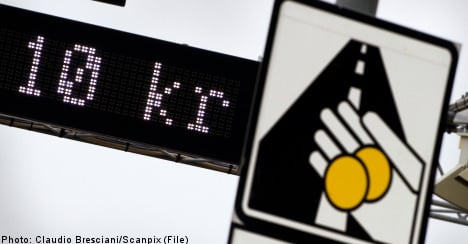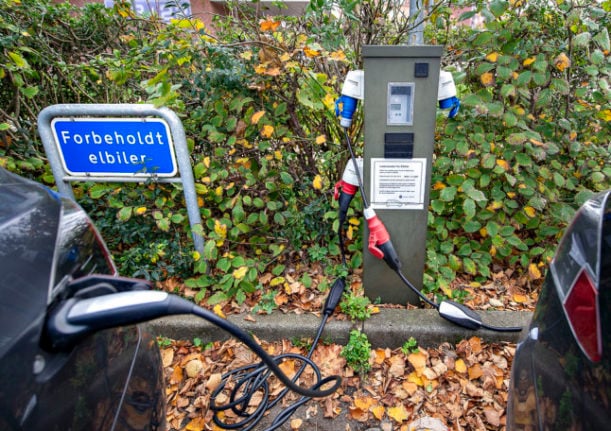According to a recent study carried out by the Swedish Transport Administration (Trafikverket) on behalf of the Dagens Nyheter (DN) newspaper, it now takes 60 percent longer on average to get to the Swedish capital on the E4 motorway from the south of the city than it did in 2006.
In response to the worsening situation, several leading politicians have called for a hike in the cost of the congestion charge, with some arguing that it should cost twice what it does today.
The fees paid by motorists vary depending on the time of day they drive into the city, ranging from 10 to 20 kronor ($1.60 to $3.20) per trip into the city.
Charges to a single car are capped at 60 kronor per day, and no fee is charged during nights, weekends, public holidays, or the month of July.
Meanwhile a network of politicians past and present, that was set up five years ago to push the case for the introduction of the charge, has been resurrected and is now campaigning for higher charges.
“It has become clear that the level of the fee is too low. There is plenty of room for an increase. It is difficult to put an exact amount on it, but at certain times it could certainly be doubled,” said Per Ankersjö, chairman of the network, to DN.
The issue of congestion and the current situation was brought up in the Riksdag yesterday.
Social Democrat economic policy spokesperson Tommy Waidelich believes more resources should be diverted to the underground system.
“The roads are badly congested and we need to find an alternative. The metro is the most effective way to relieve the problem – I would like the government to contribute towards more investment in it,” he said.
Meanwhile others believe a new policy could be extended to include more of the city.
The Green Party would like to see a congestion charge introduced for Essingeleden, a major artery into and around the capital.
“There would not be any queues if this happened. I believe that all parties realise that it is necessary,” Green Party MP Per Bolund told DN.
After an initial trial period in 2006, the congestion charge was officially introduced in Stockholm on August 1st, 2007.
A similar system is set to be introduced in Gothenburg in western Sweden in 2013 in an effort to reduce congestion and lower emissions.



 Please whitelist us to continue reading.
Please whitelist us to continue reading.
Member comments